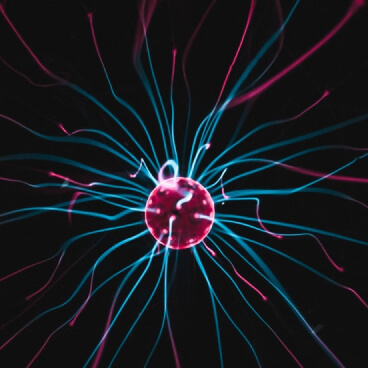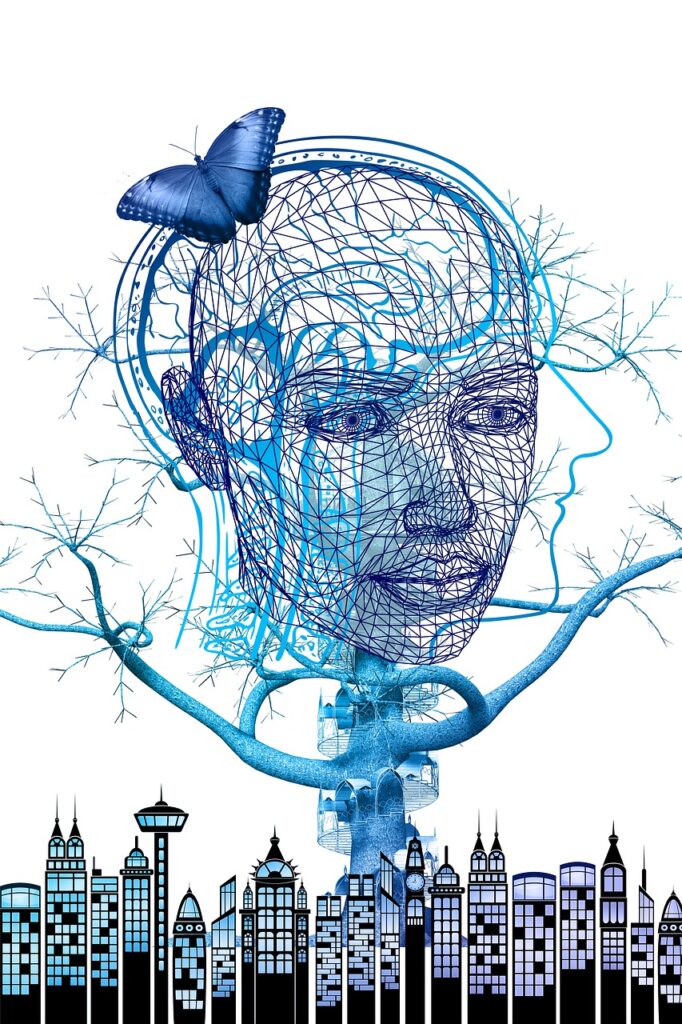Introduction
The human brain, often referred to as the most complex organ in the human body, has captivated scientists, philosophers, and healers for centuries. Its intricate web of neurons and synapses, coupled with its enigmatic ability to store memories, process emotions, and govern our actions, makes it a subject of perpetual fascination. In recent years, the field of hypnotherapy has provided a unique window into understanding and harnessing the power of the human brain. This article delves into the profound connection between hypnotherapy and the human brain, exploring the science and art behind this age-old practice.
Understanding Hypnotherapy
Hypnotherapy is an alternative therapeutic approach that leverages the power of suggestion to influence a person’s thoughts, feelings, and behavior. Contrary to the misconceptions propagated by pop culture, hypnotherapy does not involve mystical mind control or a loss of consciousness. Instead, it induces a state of deep relaxation and heightened suggestibility, making it an effective tool for facilitating positive change in individuals.
The Intricate Dance of Brain Waves
One of the most intriguing aspects of hypnotherapy is its impact on brain activity. When a person is in a state of hypnosis, their brain waves transition from the typical alertness of the waking state to a more relaxed and receptive state. This shift is characterized by an increase in theta waves, associated with deep relaxation and creativity. During this phase, the brain becomes more open to suggestions, allowing the hypnotherapist to access and influence the subconscious mind, where deeply ingrained beliefs and memories reside.
The Limbic System: Emotions Unveiled
Incorporating hypnotherapy, particularly in the context of emotional healing and trauma recovery, provides valuable insights into the role of the limbic system, the emotional control center of the brain. Hypnotherapy allows individuals to access and reevaluate their emotional responses and memories. By tapping into the subconscious mind, therapists can guide patients to reframe negative emotional patterns and release unresolved traumas. This process facilitates emotional healing and empowers individuals to lead happier and more fulfilling lives.
Memory Recall and Retrieval
The relationship between hypnotherapy and the human brain extends to memory recall and retrieval. Hypnosis has been used to help individuals recover repressed memories, such as those associated with trauma or past events. During a session, the therapist may guide the patient to explore their subconscious, unlocking forgotten memories. This can be a powerful tool for addressing unresolved issues and providing closure.
Reprogramming the Subconscious Mind
Our conscious thoughts and decisions are often influenced by the beliefs and habits ingrained in our subconscious minds. Hypnotherapy is a powerful tool for reprogramming the subconscious, helping individuals break free from destructive patterns and adopt healthier behaviors and attitudes. Whether it’s overcoming phobias, quitting smoking, or managing stress, hypnotherapy can be a catalyst for positive change by rewiring the neural pathways that underpin our actions and reactions.
The Limitless Potential of the Brain
Hypnotherapy highlights the brain’s remarkable plasticity, its capacity to adapt and change throughout life. By working in harmony with the brain’s innate flexibility, hypnotherapy empowers individuals to overcome limitations, heal emotional wounds, and tap into their fullest potential. adipiscing elit.
Conclusion
Hypnotherapy is a fascinating and effective approach to understanding and harnessing the power of the human brain. By exploring the depths of the mind, it offers insights into the brain’s capacity for change, healing, and growth. Whether you seek personal development, emotional healing, or behavioral change, hypnotherapy provides a unique and promising pathway to unlocking your inner potential. As we continue to delve into the intricate connection between hypnotherapy and the human brain, we uncover the profound mysteries of our own minds and embark on a journey towards self-discovery and transformation.




